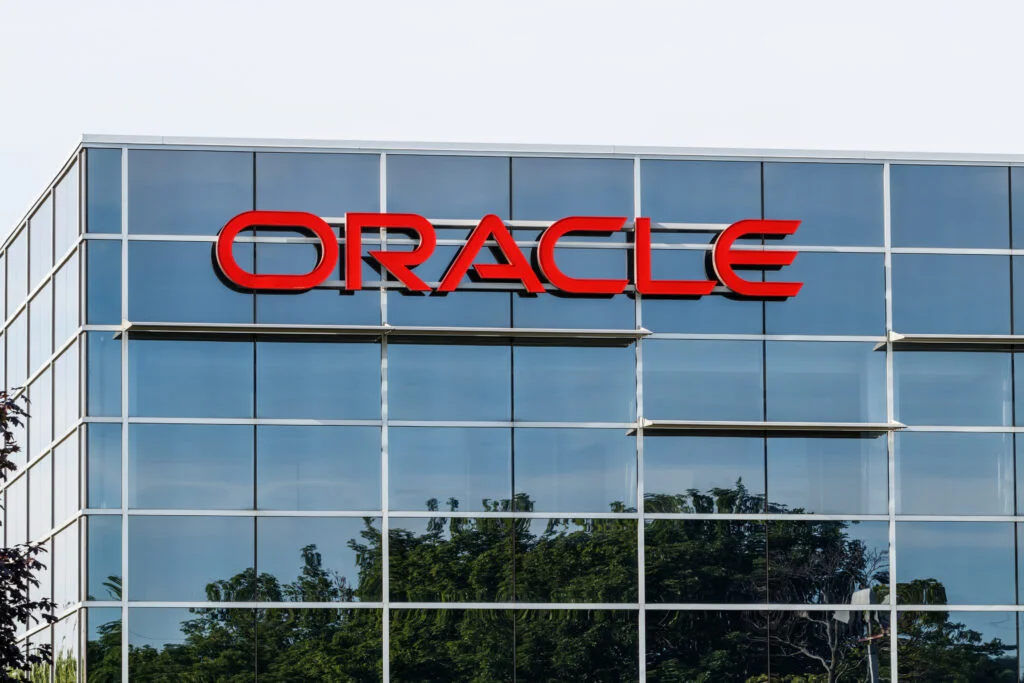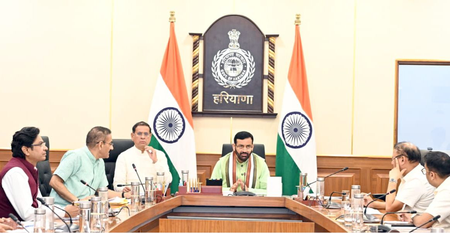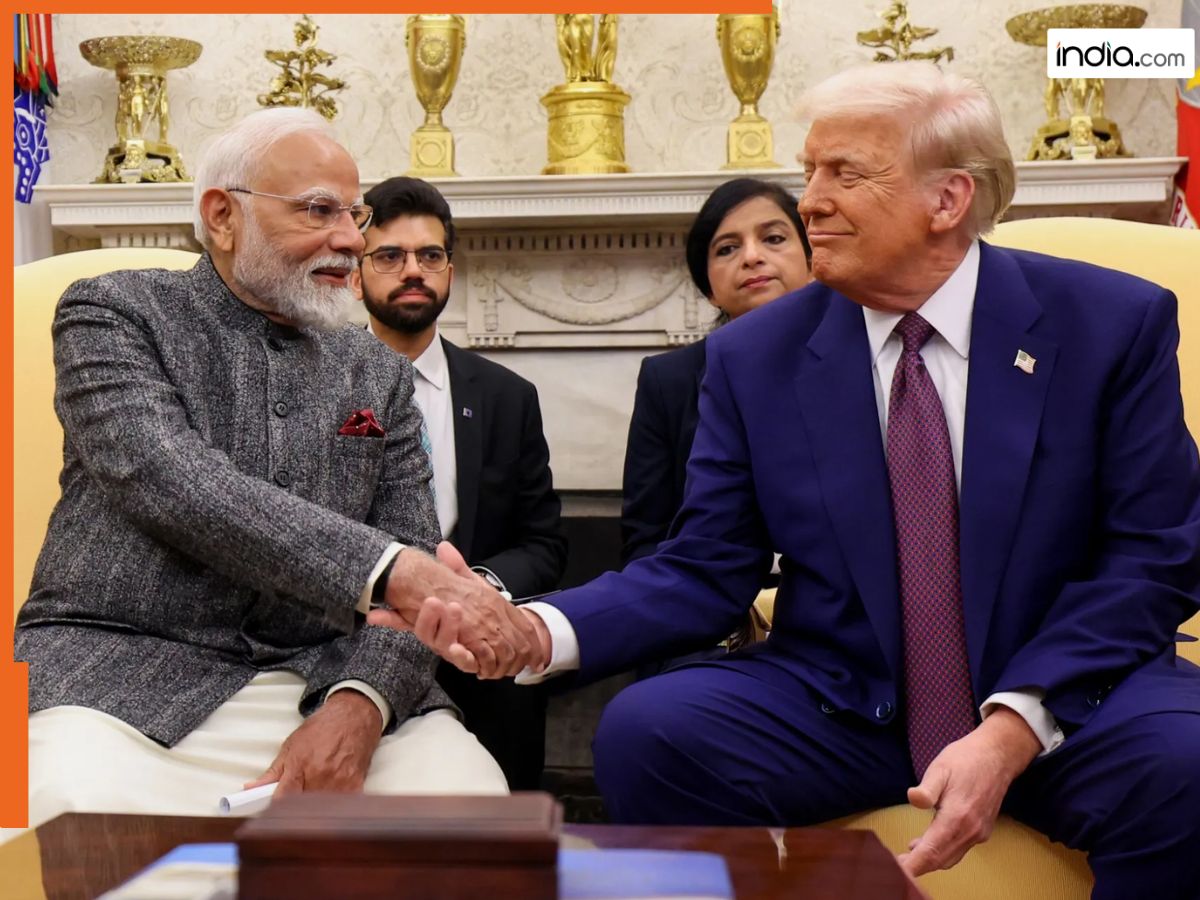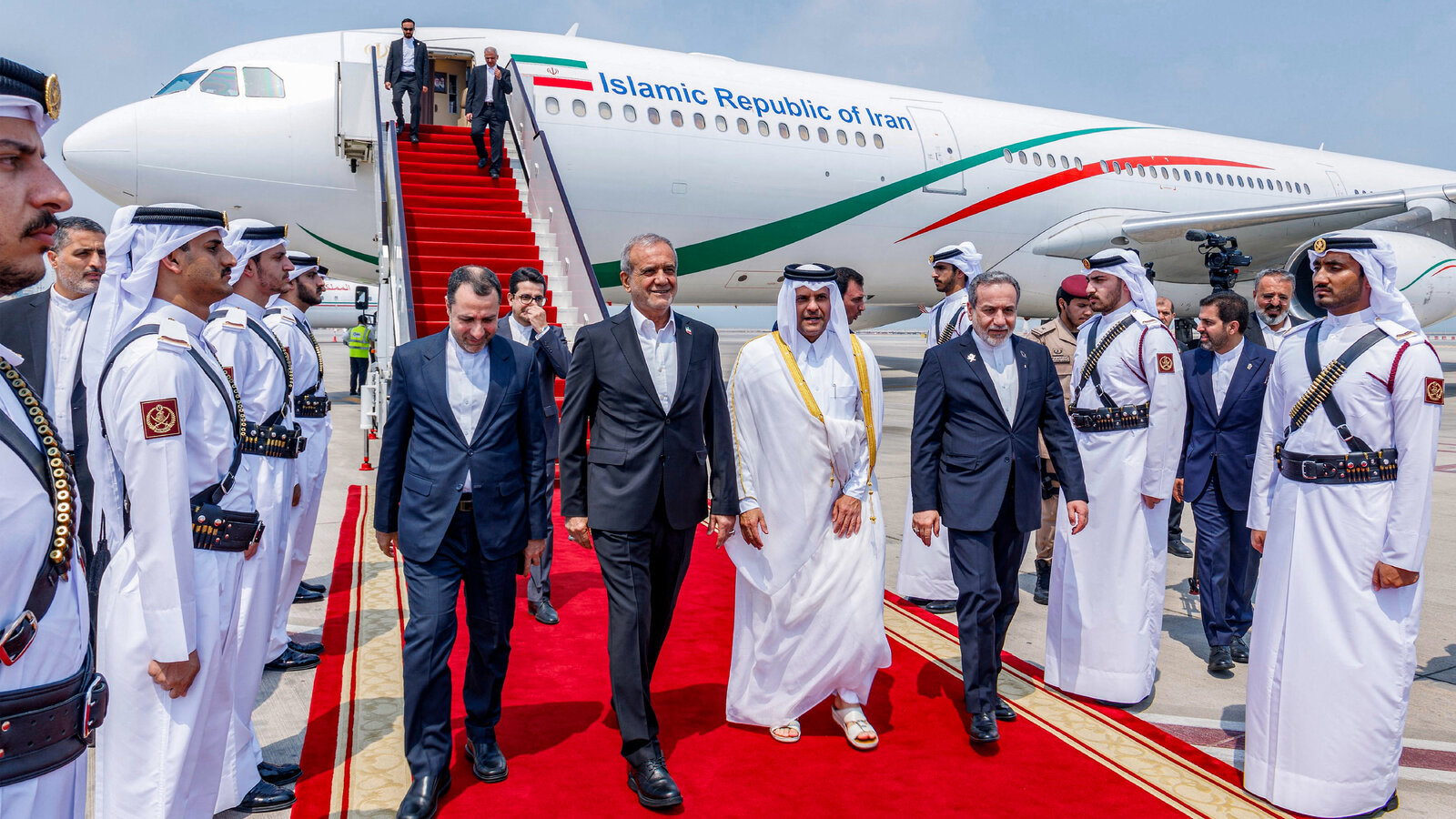What Are Personality Rights? Why Abhishek-Aishwarya And Now Karan Johar Have Turned To Delhi HC
By Karishma Jain,News18
Copyright news18
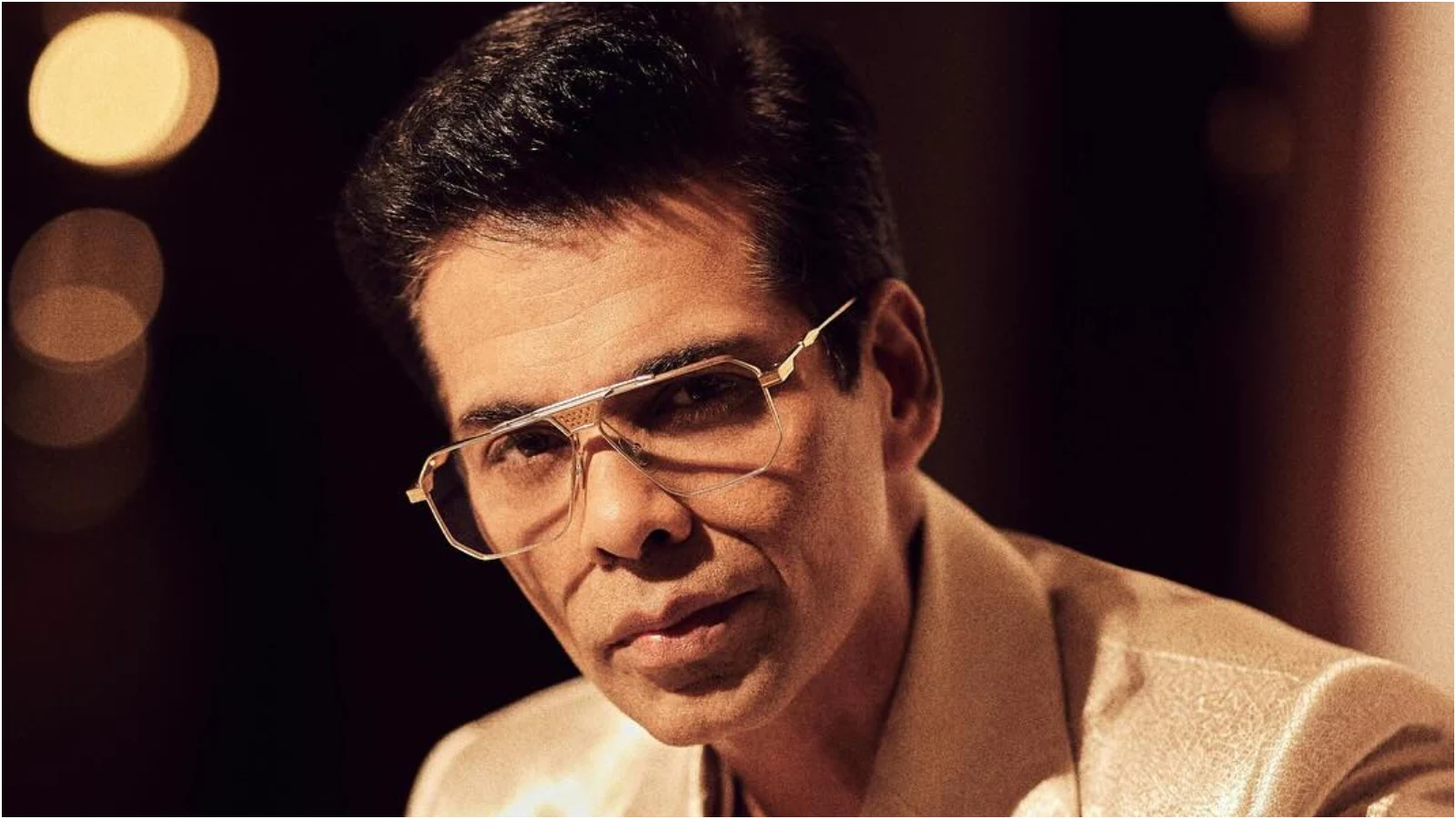
In recent weeks, some of India’s biggest names in cinema have knocked on the doors of the Delhi High Court, not over films or contracts, but to protect something more personal: their identity. After Bollywood actors Aishwarya Rai Bachchan and Abhishek Bachchan, filmmaker Karan Johar has now filed a petition seeking protection of his personality rights, alleging misuse of his name and likeness on merchandise and online platforms.
The flurry of petitions has turned the spotlight on a fast-evolving area of Indian law: personality rights. What exactly are these rights, why are they becoming so important, and what have courts said so far?
What Are Personality Rights?
Personality rights refer to an individual’s legal entitlement to control the commercial and public use of their identity. They safeguard attributes that are uniquely linked to a person, such as their name, image, likeness, voice, signature, or even trademark catchphrases, from being exploited without consent.
These rights are often broken into two branches:
Right of publicity – protects against unauthorised commercial exploitation, such as using a celebrity’s face in advertisements, selling merchandise with their image, or associating their name with a brand without permission.
Right to privacy – guards against intrusion into personal dignity, covering misuse through deepfakes, morphed images, fabricated endorsements, or intimate doctored content.
Globally, jurisdictions like the United States recognise personality or publicity rights as distinct legal doctrines, often tied to intellectual property. In India, however, there is no dedicated statute. Instead, courts have progressively expanded protection by linking personality rights to Article 21 of the Constitution (the right to life, dignity, and privacy). Judges have also drawn upon existing frameworks in the Copyright Act, 1957 (moral rights and protection of performances), the Trade Marks Act, 1999 (names, likeness, and voices as identifiers), and the Information Technology Act, 2000 (impersonation, obscene content, and online misuse).
For celebrities, these rights are especially critical because their persona has commercial value and is central to their livelihood. Misuse does not just mean financial loss; it can cause reputational damage, dilution of goodwill, and even humiliation when manipulated content is circulated.
How Have Courts Responded?
Over the last decade, Indian courts have repeatedly stepped in to shield public figures from unauthorised exploitation of their persona. Judges have recognised that such misuse can tarnish reputation, dilute brand value, and undermine dignity, going beyond mere commercial harm.
Remedies granted have been both immediate and far-reaching. Courts have issued:
Ex-parte ad interim injunctions – urgent orders granted without first hearing the infringers, to immediately stop the misuse of a celebrity’s attributes.
Blocking of websites and URLs – directing authorities like the Department of Telecommunications and MeitY to take down offending pages.
Dynamic injunctions – forward-looking orders that cover not just current violations but also future, as-yet-unseen infringing content, especially relevant in the age of AI-generated media.
John Doe orders – injunctions issued against unknown or unnamed defendants, recognising that in digital cases it is impossible to identify all infringers at once.
Intermediary liability – platforms such as Google, YouTube, and e-commerce sites have been made responsible for promptly removing infringing content, blocking listings, and disclosing uploader details once served with a court order.
At the same time, courts have clarified that not all fan activity is illegal. Memes, jokes, and non-commercial fan pages are generally tolerated, but unauthorised merchandising, fundraising, or sexually explicit deepfakes cross the line.
Aishwarya Rai Bachchan’s Case
Aishwarya Rai Bachchan’s lawyers placed before the Delhi High Court screenshots of fabricated chats, morphed pornographic material, and AI-generated deepfake videos, in addition to evidence of merchandise and websites falsely presenting her as their “official” ambassador or chairperson. They argued that such acts were not only defamatory but amounted to a direct assault on her dignity.
Justice Tejas Karia, who heard the matter, made a series of crucial observations. He noted that the unauthorised exploitation of a celebrity’s persona has two distinct but connected dimensions:
Commercial misuse – unauthorised merchandising, endorsements, or fund-raising that ride on a celebrity’s fame without consent.
Violation of privacy and dignity – especially when manipulated or sexually explicit material is circulated, undermining an individual’s right to live with dignity.
The court stressed that “personality rights of individuals, simply put, entail the right to control and protect the exploitation of one’s image, name, likeness or other attributes,” and linked this explicitly to Article 21 of the Constitution. By grounding the issue in the fundamental right to privacy and dignity, the court elevated the stakes beyond commercial harm.
On the remedial side, Justice Karia restrained several entities from misusing Aishwarya Rai’s persona, including through the use of AI. He directed Google LLC to take down 151 flagged URLs within 72 hours and left scope for the orders to be extended against “John Doe” defendants — unnamed parties who might upload or distribute similar content in the future.
This approach makes the order particularly significant. It ensures that Aishwarya Rai’s rights are protected not just against the violations already identified but also against fresh misuse that may emerge with evolving technology like AI deepfakes and impersonation tools.
Abhishek Bachchan’s Petition
Just days after his wife, Abhishek Bachchan also approached the Delhi HC seeking protection of his personality rights. His petition described how his name and images were being misused by websites and YouTube channels for commercial gain, including merchandise sales and AI-driven videos, without any authorisation.
On 10 September, Justice Tejas Karia ruled in his favour, noting that the unauthorised use of Abhishek’s persona was clearly intended to profit from his reputation while diluting the goodwill he had built over his career. The court agreed that he had established a strong prima facie case and granted an interim injunction to restrain the infringers.
Among those named in the suit were e-commerce sites like Bollywood Tee Shop, Tee Public and Ice Poster, which were selling products featuring his image, as well as YouTube channels such as “AI MH 39” and “Eat with Celebrities,” which were uploading manipulated content. The court also included major intermediaries — Google, the Ministry of Electronics and Information Technology, and the Department of Telecommunications — directing them to assist in blocking or removing the unlawful material.
Karan Johar Joins The List
Filmmaker Karan Johar has also turned to the Delhi High Court for protection of his personality rights. Johar’s plea highlights how his name and photographs have been misused on websites and social media platforms, with merchandise being sold under his identity without permission.
During the hearings, his counsel Rajshekhar Rao argued that Johar has the right to decide how his persona is used, stressing that “the more the memes, the more viral it is, the more money you make,” and that platforms cannot profit by letting unauthorised content spread. He maintained that no one can use his face, name, or characteristics without his consent, regardless of whether he previously chose to “look the other way.”
Meta Platforms, the parent company of Facebook, Instagram, and WhatsApp, opposed the plea, warning against blanket injunctions. Its lawyer argued that many of the posts flagged in Johar’s suit were ordinary comments or jokes, not defamatory, and that dragging people to court for them was unreasonable.
Justice Manmeet Pritam Singh Arora agreed that not every fan page can be ordered to be blocked or taken down. She observed that memes are not necessarily disparaging and distinguished them from cases of disparagement, merchandise sales, or domain misuse.
The judge indicated that the court may pass takedown orders for specific pages, and if similar pages appear later, Johar can bring them to the notice of the platform and approach the court again if no action is taken.
Key Celebrity Cases
These recent petitions build on a growing body of rulings where courts have consistently stepped in to protect the image and persona of well-known figures:
Rajinikanth (2015): The Madras High Court restrained the release of Main Hoon Rajinikanth for using the actor’s name and style without consent.
Amitabh Bachchan (2022): The Delhi High Court restrained the “world at large” from exploiting his name, voice and image, issuing a John Doe order against misuse ranging from lottery promotions to domain name squatters.
Anil Kapoor (2023): Justice Prathiba M Singh barred unauthorised use of Kapoor’s persona, including deepfake GIFs, forged autographs, and his catchphrase “Jhakaas”.
Jackie Shroff (2024): The Delhi High Court restrained misuse of his name, images, catchphrase “Bhidu” and even an AI chatbot mimicking him. Pornographic content and unlicensed merchandise were also covered.
Arijit Singh (2024): Courts intervened against AI-based voice cloning and deepfake manipulation of his performances.
Sadhguru (2025): Similar protection was granted against impersonation and AI misuse.
The Road Ahead
With Aishwarya, Abhishek, and now Karan Johar approaching the courts, personality rights have emerged as a critical legal frontier in India. While there is no standalone legislation yet , the judiciary has expanded the scope of protection, balancing celebrity dignity and commercial interests against free speech and fan expression.
